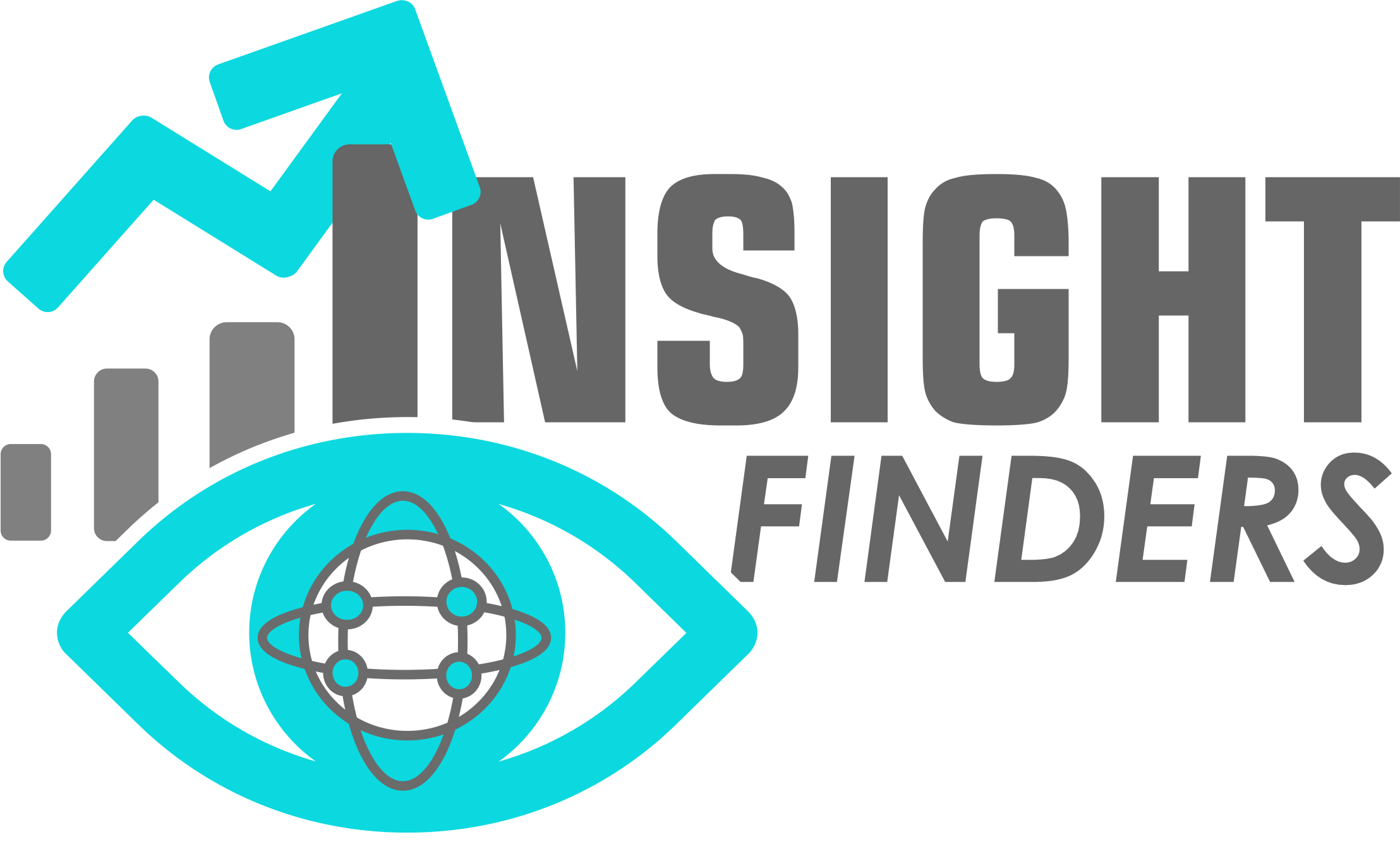Technical Track
Kiasi Solutions Professional Development Seminar Curriculum
Audience: Technical professionals (data engineers, data scientists, AI developer, IT professionals who are interested in building AI and data solutions using Microsoft Azure and Microsoft Fabric.
Objective: Enable participants to design, build, and operationalize AI-powered data solutions using Microsoft Fabric and Azure services, with a focus on analytics, generative AI, and cybersecurity.
Day 1: Introduction to Microsoft Fabric & Data Engineering
Day 1 Goal: Equip participants with a solid understanding of Microsoft Fabric’s foundational components, and how to engineer and integrate data solutions for AI and analytics.
Registration and Introduction:
- Welcome & objectives of the seminar
- Overview of Kiasi Solutions
- Overview of the two-day seminar structure
- Importance of AI and Data solutions in business transformation
- Goal: Understand the architecture and key features of Microsoft Fabric to support data and AI solutions.
- What is Microsoft Fabric?
- Components and architecture of Microsoft Fabric
- Integration with Azure services
- Security, compliance, and scalability in Microsoft Fabric
- Goal: Learn how to engineer and integrate data pipelines within Microsoft Fabric.
- Data ingestion and transformation using Microsoft Fabric
- Connecting to different data sources (Azure Data Lake, third-party systems)
- Real-time data processing, batch processing, and best practices
- Hands-on Demo: Creating data pipelines and integrating multiple data sources
- Goal: Introduce participants to Azure AI services and demonstrate how to build and deploy machine learning models.
- Overview of Azure AI services (Azure ML, Cognitive Services)
- Key AI and ML concepts in Azure
- Building machine learning models with Azure ML Studio
- Hands-on Demo: Building and deploying an ML model
Day 2: AI-Powered Analytics & Business Intelligence
Day 2 Goal: Provide participants with the knowledge and hands-on experience to leverage AI for business intelligence and data analytics within Microsoft Fabric and Azure.
Recap Day 1 and Preview Day 2 modules:
- Quick recap of Day 1
- Overview of Day 2 agenda and objectives
- Focus on AI-driven analytics and BI capabilities
- Goal: Learn to use AI for advanced analytics in Microsoft Fabric.
- Introduction to analytics in Microsoft Fabric
- AI-powered predictive analytics and machine learning models
- Visualizing data insights using Microsoft Fabric tools
- Hands-on Demo: Creating AI-driven analytics reports
- Goal: Learn how to engineer and integrate data pipelines within Microsoft Fabric.
- Data ingestion and transformation using Microsoft Fabric
- Connecting to different data sources (Azure Data Lake, third-party systems)
- Real-time data processing, batch processing, and best practices
- Hands-on Demo: Creating data pipelines and integrating multiple data sources
Objectives:
- Understand the fundamentals of hybrid AI application architectures using cloud and on-premise environments.
- Explore NVIDIA frameworks and tools that support scalable AI workloads across hybrid infrastructures.
- Gain hands-on experience deploying and managing AI applications across on-prem and cloud resources.
- Learn how to maintain data privacy and compliance across hybrid AI deployments.
Hybrid AI Architecture Overview:
- Definition and advantages of hybrid AI application development.
- Role of hybrid environments in AI-driven industries with sensitive data and high-performance computing needs.
- Overview of NVIDIA’s hybrid enablement strategy (e.g., NIM microservices, NVIDIA AI Enterprise, DGX systems).
Designing AI-Driven Hybrid Architectures:
- Key considerations for distributing AI workloads across cloud and on-premise systems.
- Best practices for integrating NVIDIA-based compute resources (e.g., GPUs, Triton Inference Server) in hybrid AI pipelines.
- Ensuring performance, latency optimization, and resource orchestration across hybrid nodes.
- Maintaining privacy and data sovereignty by minimizing data movement and enforcing access controls across environments.
